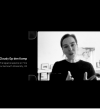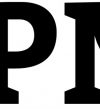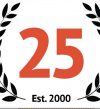Research seminar – Thursday 6 July, 16.00, Room EB 302
Cost-effective access to patented medicines has required third party intervention to facilitate both voluntary and non-voluntary licensing agreements. The Medicines Patent Pool facilitates the (voluntary) licensing of HIV/AIDS, hepatitis C and tuberculosis treatments for generic manufacture and distribution. In the alternative, many countries have resorted to the non-voluntary licensing of patented pharmaceuticals to remedy restricted access to effective medical treatments. But to what extent have these ‘facilitated’ licensing models achieved the objective of greater access to medicines?
This study undertakes an investigation into the terms and conditions contained within these agreements, and how they dictate the success, or otherwise, of such arrangements. The project’s overall objective is to increase transparency surrounding the licensing terms of specific patented products in the public health sector, and to guide industry and policy makers in determining what works and what hinders greater access. More specifically, voluntary and non-voluntary licenses ultimately seek to provide access to patented pharmaceuticals on fair, reasonable and non-discriminatory licensing terms (FRAND). FRAND licenses are a growing, yet controversial, aspect of standard setting in many fields of technology, including more recently, healthcare. In this regard, this study may spark wider discussion of the content and impact of FRAND licenses in the healthcare context.
Alison Slade is Law Lecturer at Brunel University London and Visiting Research Fellow at CIPPM (Summer 2017)





